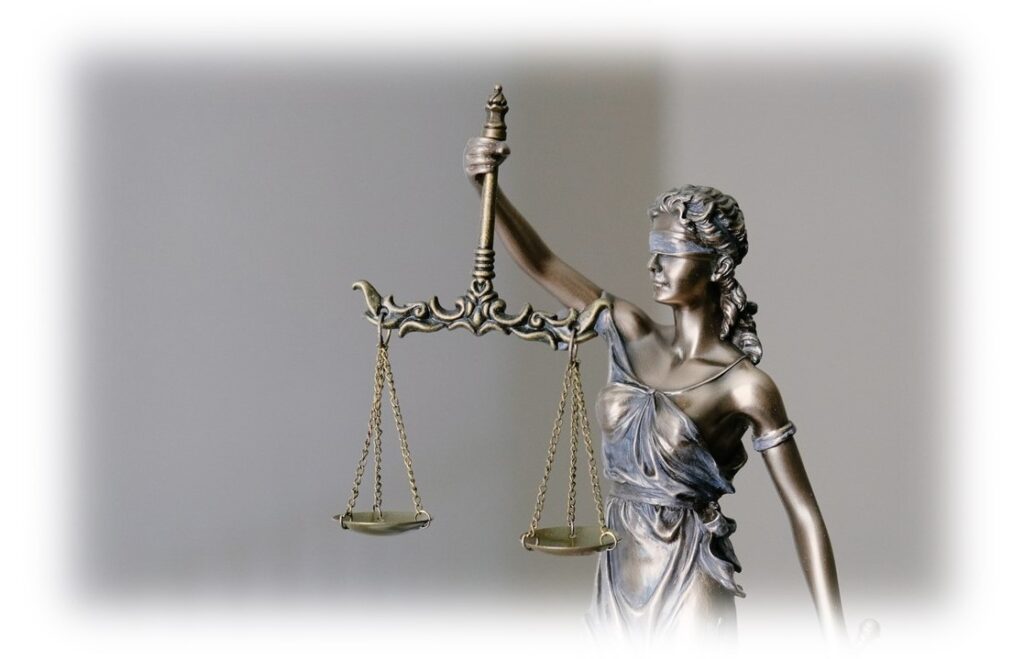
Date: Tuesday, 20 February 2024; 16th Anniversary.
Organizer: United Nations
Coordinator: The International Labor Organization
Objectives:
The World Day of Social Justice is annually observed for the following purposes:
- to recognize the importance of social justice in promoting social harmony, human dignity, and sustainable development,
- to raise a voice against social injustice, and
- to bring various communities together to eliminate poverty, gender inequality, illiteracy, discrimination, exclusion, and social protection.
Inception:
The World Day of Social Justice was celebrated for the first time on 20 February 2009.
History:
In 1995, the World Summit for Social Development was held in Copenhagen, Denmark. With the release of the Copenhagen Declaration and Program of Action, over 100 national leaders pledged to alleviate poverty and create stable, safe, and just societies.
In 2005, the United Nations member states reviewed the Copenhagen Declaration and Program of Action at a session of the Commission for Social Development and agreed to commit to advancing social development.
Two years later, at its sixty-second session on 26 November 2007, the United Nations General Assembly passed the resolution A/RES/62/10, declaring that starting from the sixty-third session of the General Assembly, February 20 will be celebrated annually as the World Day of Social Justice.
On June 10, 2008, the International Labor Organization (ILO) unanimously adopted the ILO Declaration on Social Justice for a Fair Globalization. It is the third major statement of principles and policies adopted by the International Labor Conference since the ILO’s Constitution in 1919.
Since 2009, the World Day of Social Justice has been annually celebrated across the world. Many organizations have released statements on the importance of social justice for people and announced plans for promoting social justice by tackling poverty, unemployment, and socioeconomic exclusion.
Why do we mark the World Day of Social Justice?
With globalization and interdependence, new opportunities have been opened through trade, investment capital flows, and advances in technology for the growth of the world economy and the development and improvement of living standards around the world. At the same time, there remain serious challenges, including serious financial crises, inequality, insecurity, unemployment, poverty, discrimination, exclusion, and lack of access to facilities that prohibit full participation in the global economy for developing countries.
Social development aims at justice, solidarity, harmony, and equality within and among countries. Social justice, equality, and equity constitute the fundamental values of all societies. It is important to promote the equitable distribution of income and greater access to resources for all, through equity and equality and opportunity.
Social development and social justice are indispensable for the achievement and maintenance of peace and security within and among nations. On the other hand, social development and social justice cannot be attained in the absence of peace and security, and economic growth may not be sustainable in the absence of social justice and respect for all human rights and fundamental freedoms.
The World Day of Social Justice is an opportunity to consolidate the efforts of the international community in poverty eradication, promotion of full employment and decent work, gender equity, and access to social well-being and justice for all.
Four principles of social justice
Equity, Access, Participation, and Rights.
Annual theme in recent years:
2024 theme: “Bridging Gaps, Building Alliances.”
2023 theme: “Overcoming Barriers and Unleashing Opportunities for Social Justice.”
2022 theme: “Achieving Social Justice through Formal Employment.”
2021 theme: “A Call for Social Justice in the Digital Economy.”
2020 theme: “Closing the Inequalities Gap to Achieve Social Justice.”
Official website:
https://www.un.org/en/observances/social-justice-day


Leave a Reply